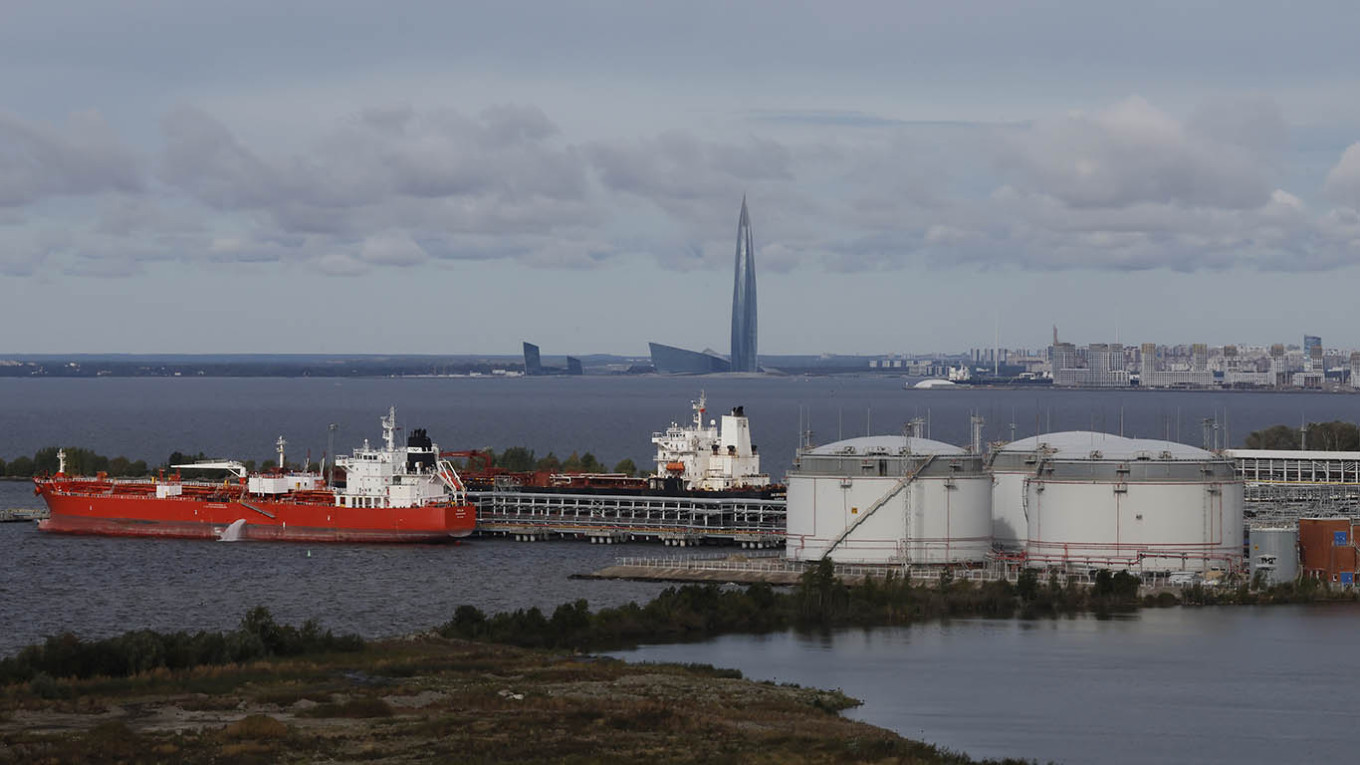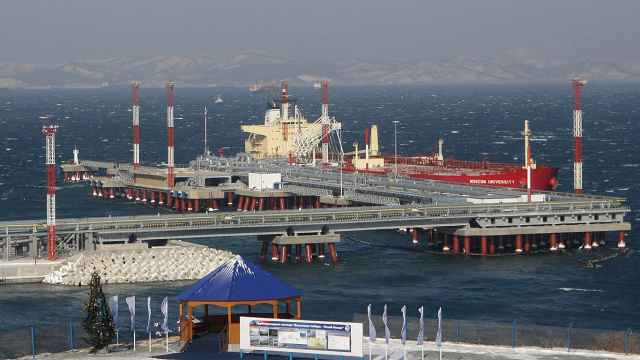Russia’s weekly oil export revenues have fallen to their lowest level in nearly three years as deep discounts and a sharp pullback from key Asian customers weigh on the market.
Russia earned an average of $1.22 billion a week from overseas crude shipments in the four weeks to Nov. 16, the weakest level since March 2023, Bloomberg reported Tuesday.
That is a 20% drop from late October, when weekly revenues stood at around $1.48 billion.
The slump comes as prices for Russia’s main export grade, Urals, have plunged. The grade traded as low as $36 a barrel last week, with discounts against the Brent benchmark widening to $23, the steepest in two and a half years.
U.S. sanctions on Rosneft and Lukoil, the companies behind roughly half of Russia’s oil production and exports, have put at risk two-thirds of supplies to India and China, which together account for 90% of Russia’s seaborne crude exports.
Refiners in China have cut December purchases of Russian oil by two-thirds ahead of the full enforcement of U.S. sanctions next month, Bloomberg reported, citing Rystad Energy estimates.
Indian demand has similarly fallen after the country’s five largest refiners stopped buying Russian-origin barrels.
Tankers are still loading at Russian ports, with about 3.29 million barrels per day in the week to Nov. 16, according to Bloomberg.
But an increasing share of that crude has no destination.
JPMorgan estimates that roughly a third of Russia’s oil exports, or around 1.4 million barrels per day, is now sitting idle in tankers waiting for buyers.
The International Energy Agency warned last week that sanctions on Rosneft and Lukoil “may have the most far-reaching impact yet on global oil markets” and add “considerable downside risk” to its outlook for Russian crude production.
What makes this round of U.S. sanctions different than previous ones is the element of fear they have injected into the market, Vandana Hari, founder of Singapore-based consultancy Vanda Insights, told Bloomberg.
“U.S. sanctions on Rosneft and Lukoil could be a little bit of a game-changer,” he said.
A Message from The Moscow Times:
Dear readers,
We are facing unprecedented challenges. Russia's Prosecutor General's Office has designated The Moscow Times as an "undesirable" organization, criminalizing our work and putting our staff at risk of prosecution. This follows our earlier unjust labeling as a "foreign agent."
These actions are direct attempts to silence independent journalism in Russia. The authorities claim our work "discredits the decisions of the Russian leadership." We see things differently: we strive to provide accurate, unbiased reporting on Russia.
We, the journalists of The Moscow Times, refuse to be silenced. But to continue our work, we need your help.
Your support, no matter how small, makes a world of difference. If you can, please support us monthly starting from just $2. It's quick to set up, and every contribution makes a significant impact.
By supporting The Moscow Times, you're defending open, independent journalism in the face of repression. Thank you for standing with us.
Remind me later.






